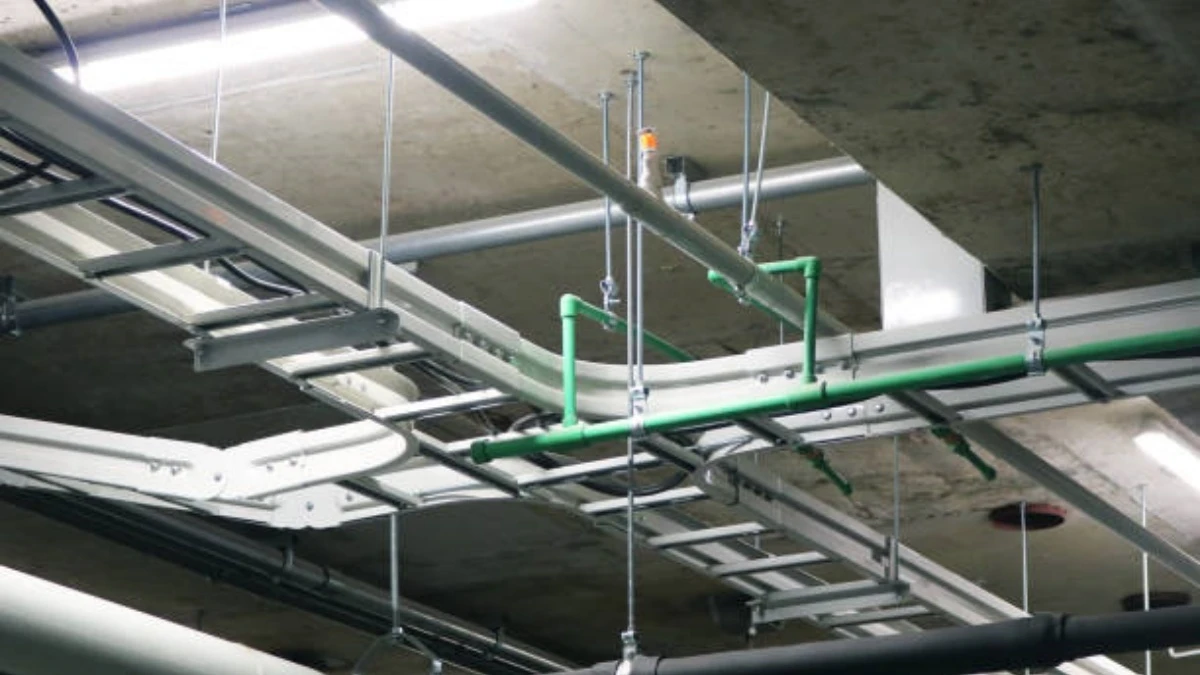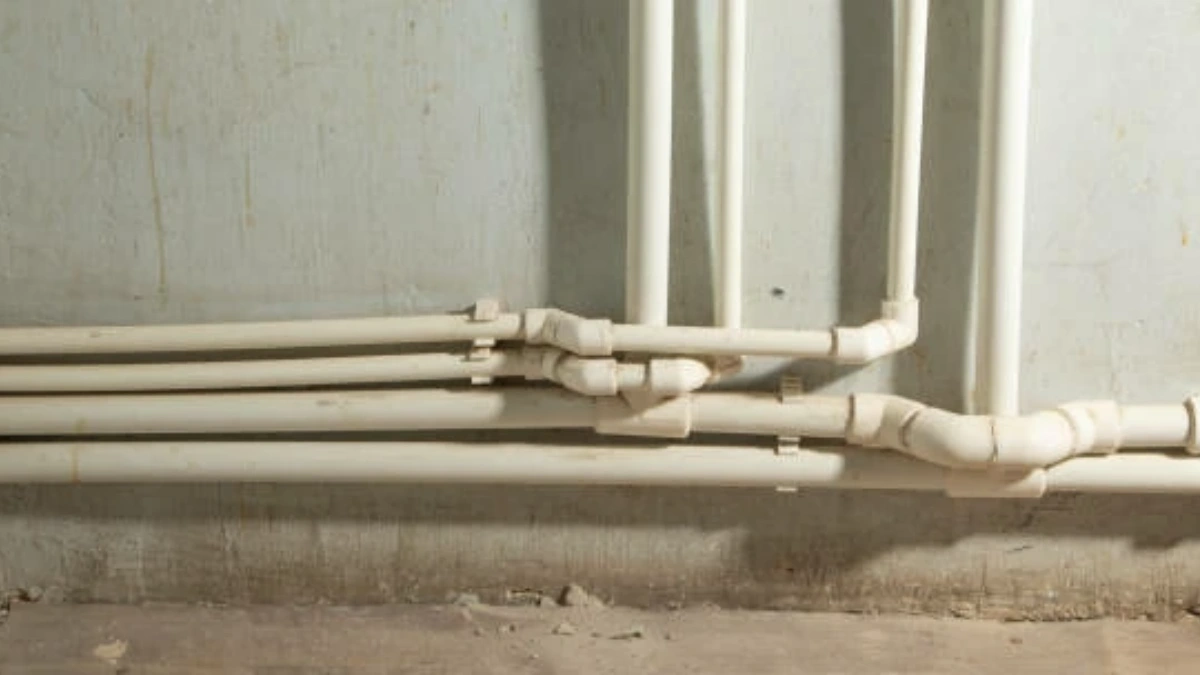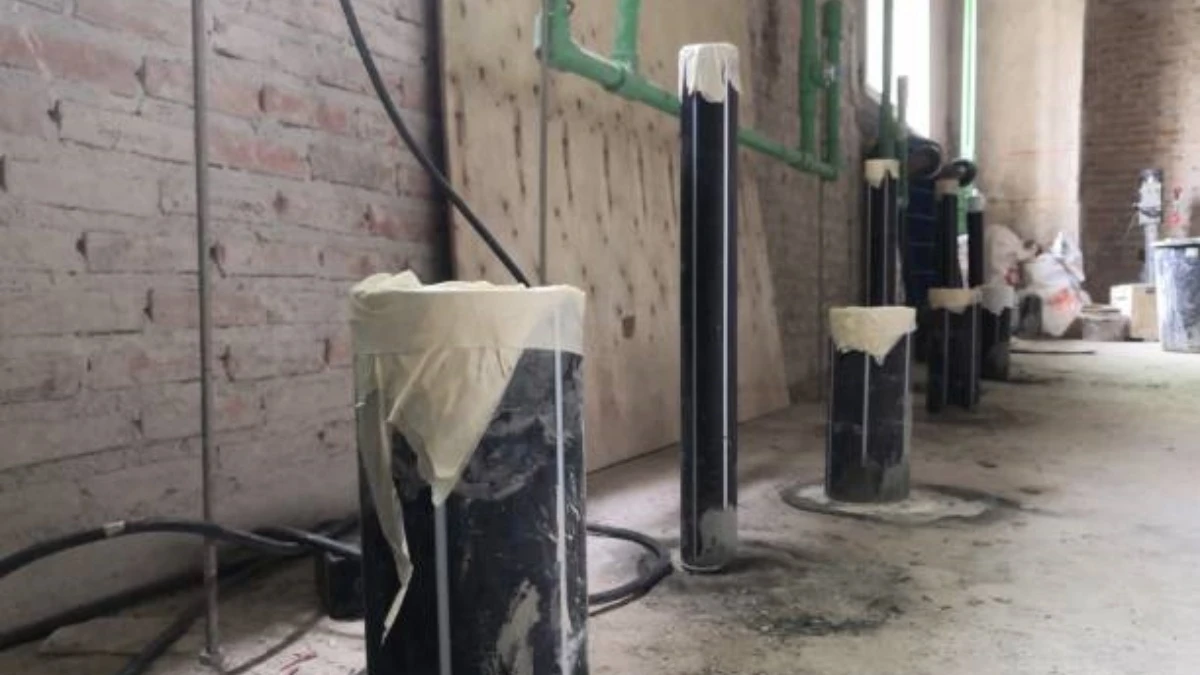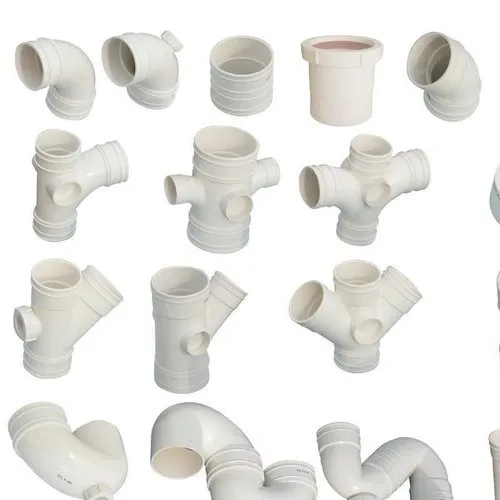Hydraulic valves are essential components in a variety of industries, controlling the flow and pressure of hydraulic fluids to ensure the efficient operation of machinery and systems. As technology advances, so does the capability of hydraulic valves, pushing the boundaries of what is possible. This article delves into the latest developments in hydraulic valve technology, exploring innovations, applications, and the future of this critical component.
Understanding Hydraulic Valves
Hydraulic valves are devices that manage the flow and direction of hydraulic fluid within a system. They are crucial for regulating pressure and controlling motion in hydraulic machinery. Different types of hydraulic valves serve specific functions, including directional control, pressure regulation, and flow control.
Types of Hydraulic Valves
- Directional Control Valves: These valves determine the path of fluid flow in a hydraulic system. They can be manual or automatic and are often used to control the movement of actuators.
- Pressure Relief Valves: These valves protect hydraulic systems from excessive pressure by diverting fluid back to the reservoir when pressure exceeds a predetermined level.
- Flow Control Valves: These valves regulate the speed of fluid flow, allowing for precise control over the operation of hydraulic components.
- Hydraulic Solenoid Valves: Utilizing an electromagnetic solenoid to control fluid flow, these valves offer precise control and rapid response times, making them ideal for automated systems.
The Role of Hydraulic Valves in Industries
Hydraulic valves are utilized across various sectors, including:
- Construction: Hydraulic valves control heavy machinery like excavators and cranes, enabling powerful lifting and precise movements.
- Manufacturing: In automated production lines, hydraulic valves manage the flow of fluids that power machinery and robotic systems.
- Automotive: Hydraulic valves play a crucial role in vehicle systems, such as brakes and power steering, enhancing performance and safety.
- Aerospace: Hydraulic systems in aircraft rely on valves to control flight controls and landing gear, ensuring reliable operation under extreme conditions.

Innovations in Hydraulic Valve Technology
As industries evolve, so does hydraulic valve technology. Several innovations are pushing the limits of what these valves can achieve.
1. Smart Hydraulic Valves
The integration of smart technology into hydraulic valves is transforming their functionality. Smart valves are equipped with sensors that provide real-time data on pressure, flow rates, and temperature. This data allows for predictive maintenance, reducing downtime and improving overall system efficiency.
2. Advanced Materials
The use of advanced materials in hydraulic valve manufacturing is enhancing durability and performance. Materials like composites and high-strength alloys are being utilized to withstand extreme temperatures and corrosive environments, extending the lifespan of hydraulic valves.
3. Miniaturization
The trend toward miniaturization in hydraulic valve technology allows for smaller, more compact designs without sacrificing performance. These mini valves are ideal for applications where space is limited, such as in mobile equipment and robotic systems.
4. Energy Efficiency
Energy-efficient hydraulic valves are designed to minimize energy consumption while maximizing performance. Innovations such as variable displacement and load-sensing technology optimize hydraulic flow, resulting in significant energy savings and reduced operational costs.
5. Enhanced Control Systems
Modern hydraulic valves are increasingly integrated with advanced control systems that allow for greater precision and automation. These systems utilize algorithms to optimize valve performance based on real-time data, improving responsiveness and reliability.
Applications of Advanced Hydraulic Valve Technology
The advancements in hydraulic valve technology have opened up new possibilities across various applications.
1. Mobile Equipment
In the construction and agriculture sectors, advanced hydraulic valves enhance the performance of machinery such as tractors, excavators, and forklifts. These valves enable precise control over lifting and steering, improving productivity and safety.
2. Robotics
In robotics, hydraulic systems powered by advanced valves provide the necessary force and precision for complex movements. Smart hydraulic valves allow for real-time adjustments, enhancing the capabilities of robotic arms and automation systems.
3. Renewable Energy
Hydraulic valves play a pivotal role in renewable energy systems, such as hydroelectric plants and wind turbines. They control fluid flow in hydraulic turbines and actuators, optimizing performance and efficiency.
4. Aerospace Applications
In aerospace, hydraulic valves control critical systems like landing gear and flight controls. Innovations in valve technology ensure reliable operation in the demanding environments faced by aircraft, enhancing safety and performance.
The Future of Hydraulic Valve Technology
As industries continue to innovate, the future of hydraulic valve technology looks promising. Several trends are shaping the direction of development.
1. Increased Automation
The demand for automation in various industries will drive the development of hydraulic valves with enhanced control capabilities. Automated systems will require valves that can respond quickly and accurately to changes in operating conditions.
2. Integration with IoT
The Internet of Things (IoT) will play a significant role in the future of hydraulic valves. Connected valves will enable remote monitoring and control, providing valuable data for predictive maintenance and system optimization.
3. Sustainable Practices
As industries focus on sustainability, hydraulic valve technology will need to adapt to meet environmental standards. Innovations that reduce energy consumption and improve fluid efficiency will be essential in the development of future hydraulic systems.
4. Advanced Diagnostics
The implementation of advanced diagnostics in hydraulic valves will enhance their reliability and performance. Predictive analytics will allow for real-time monitoring and troubleshooting, minimizing downtime and maintenance costs.
Conclusion
Hydraulic valves are at the forefront of technological advancements in fluid control systems. Innovations in smart technology, materials, and energy efficiency are pushing the limits of what is possible with hydraulic valve technology. As industries continue to evolve, the role of hydraulic valves will become increasingly vital, enabling greater precision, automation, and sustainability. Understanding these advancements will allow professionals to leverage hydraulic valve technology effectively in their operations, ensuring optimal performance and reliability.
FAQs
- What is the primary function of hydraulic valves? Hydraulic valves control the flow and pressure of hydraulic fluids within a system.
- What are the main types of hydraulic valves? The main types include directional control valves, pressure relief valves, flow control valves, and hydraulic solenoid valves.
- How do smart hydraulic valves work? Smart hydraulic valves are equipped with sensors that provide real-time data. Which allowing for predictive maintenance and enhanced system efficiency.
- What industries use hydraulic valves? Hydraulic valves are useful in construction, manufacturing, automotive, aerospace, and renewable energy sectors.
- What are some future trends in hydraulic valve technology? Future trends include increased automation, integration with IoT, sustainable practices, and advanced diagnostics for better reliability and performance.


















